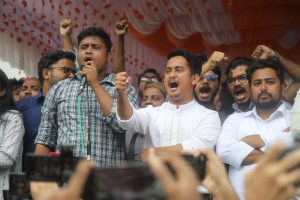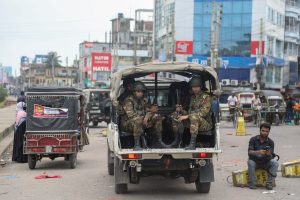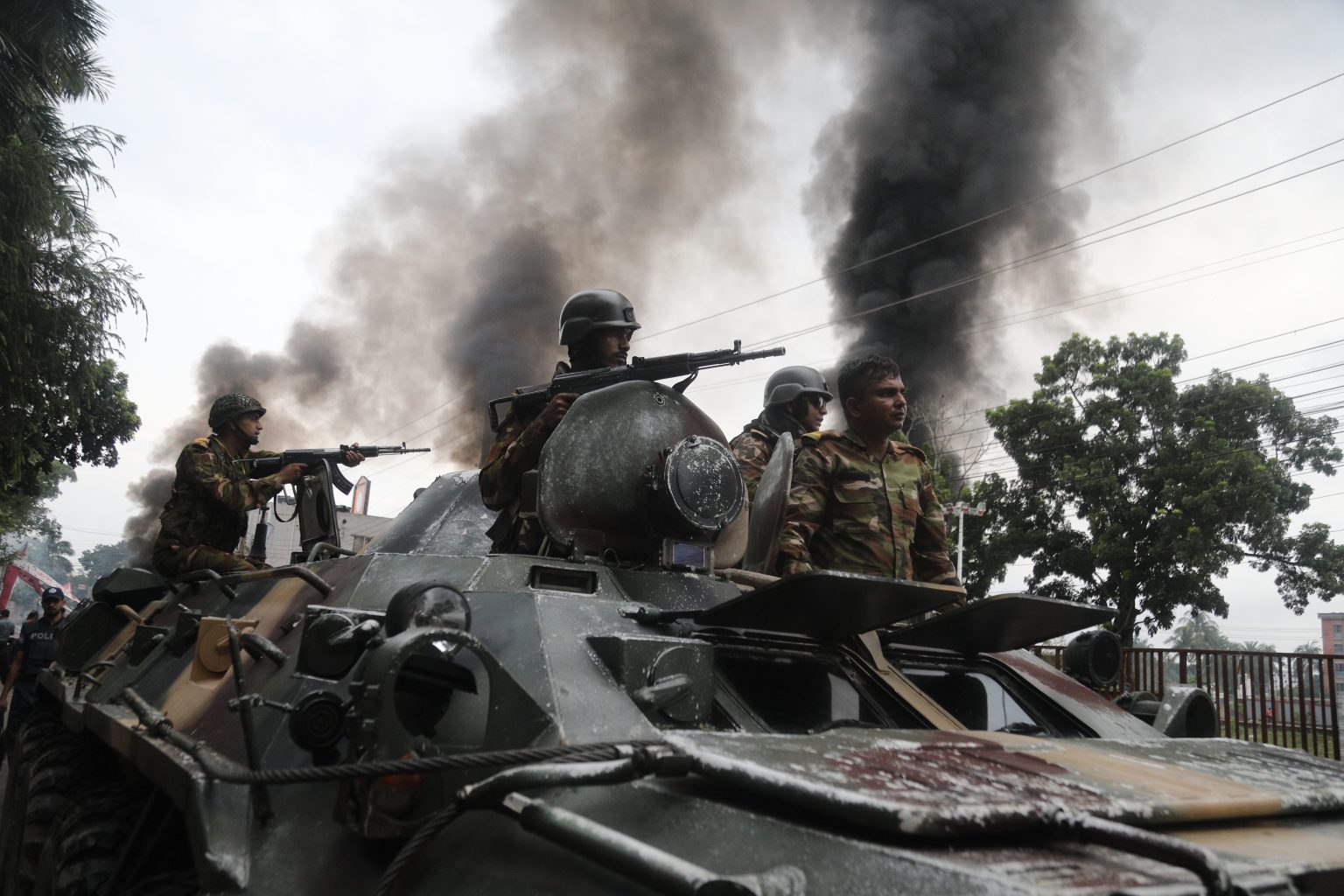The deadly violence in Gopalganj, which left at least four people dead and dozens injured, triggered a wave of concern and condemnation from civil society members. Many of them played a leading role in last year’s upsurge and support the present government, but are now raising questions about government responsibility, police-military action, and the broader political implications.
Prominent voices from Bangladesh’s academic, political, and activist circles, including economist Anu Muhammad, writer Kallol Mustafa, Dhaka University professor Gitiara Nasreen, political analyst Mubashar Hasan, and Communist Party leader Ruhin Hossain Prince, spoke out strongly against the violence that erupted around the National Citizen Party (NCP)’s “March to Gopalganj” rally on Wednesday.
Highlighting the unfolding tragedy, writer Kallol Mustafa offered a five-point analysis questioning the role of both the government and the NCP in the lead-up to the violence.
“Authorities were well aware that tensions were rising around the NCP’s programme,” Mustafa wrote in his post. “If violence was anticipated, why wasn’t Section 144 imposed earlier to prevent casualties? The interim government did issue the order, but only after people had already died.”
Mustafa condemned both the Awami League activists and the state forces, saying, “We denounce the killing of four people by bullets fired from law enforcement, including the army. The UN and the government-appointed police reform commission had urged restraint in use of lethal force. But clearly, these recommendations were ignored in Gopalganj.”

He accused the Awami League and its student wing Chhatra League of launching four separate attacks throughout the day and questioned the NCP’s decision to proceed with the programme in a politically volatile area without sufficient grassroots strength. “Relying on state protection rather than organisational support raises questions about whether this was a democratic initiative or simply a display of power,” he wrote.
“Now, one year after the mass uprising, those who once led it have had to leave the area in military armoured vehicles. And behind them lie at least four bodies,” he noted.
Echoing a similar concern, renowned economist and long-time activist Anu Muhammad recalled the grief of Abu Sayeed’s mother, whose son was killed on the same day (July 16) last year– a tragedy that altered the entire political landscape and led to the ouster of Sheikh Hasina in less than three weeks.
“‘There is no peace in this country. People are still losing their lives for no reason,’ she told us. Her words haunt me today,” Anu Muhammad wrote, adding that “it seems there are those who want violence and anarchy to persist.”
He condemned the Awami League’s “terror attacks,” the state’s deadly force, and the provocative rhetoric from some NCP leaders, while cautioning against mass arrests in the name of law and order. “Responsibility lies squarely with the government,” he said.

Professor Gitiara Nasreen, a prominent figure during last year’s democratic upsurge, offered a poetic reflection: “Some rise through death, others fall defeated with rank.”
In another post, she said: Those who rejoiced over the death on July 24 are also rejoicing over the death on July 25.
Mubashar Hasan, a victim of enforced disappearance under the previous regime and a well-known academic, expressed shock at the public reaction: “So many educated people justifying state-led killing… What the hell is wrong with the people of Bangladesh?”
Politicians echoed the concerns raised by civil society.
Ruhin Hossain Prince, general secretary of the Communist Party of Bangladesh (CPB), directly blamed the government for its “irresponsibility in failing to ensure a peaceful NCP programme.”
He also condemned the vandalism of NCP’s stage and vehicles and demanded punishment for those involved in both the killing and attacks. “This level of state behaviour could seriously undermine Bangladesh’s democratic future,” Prince warned.


